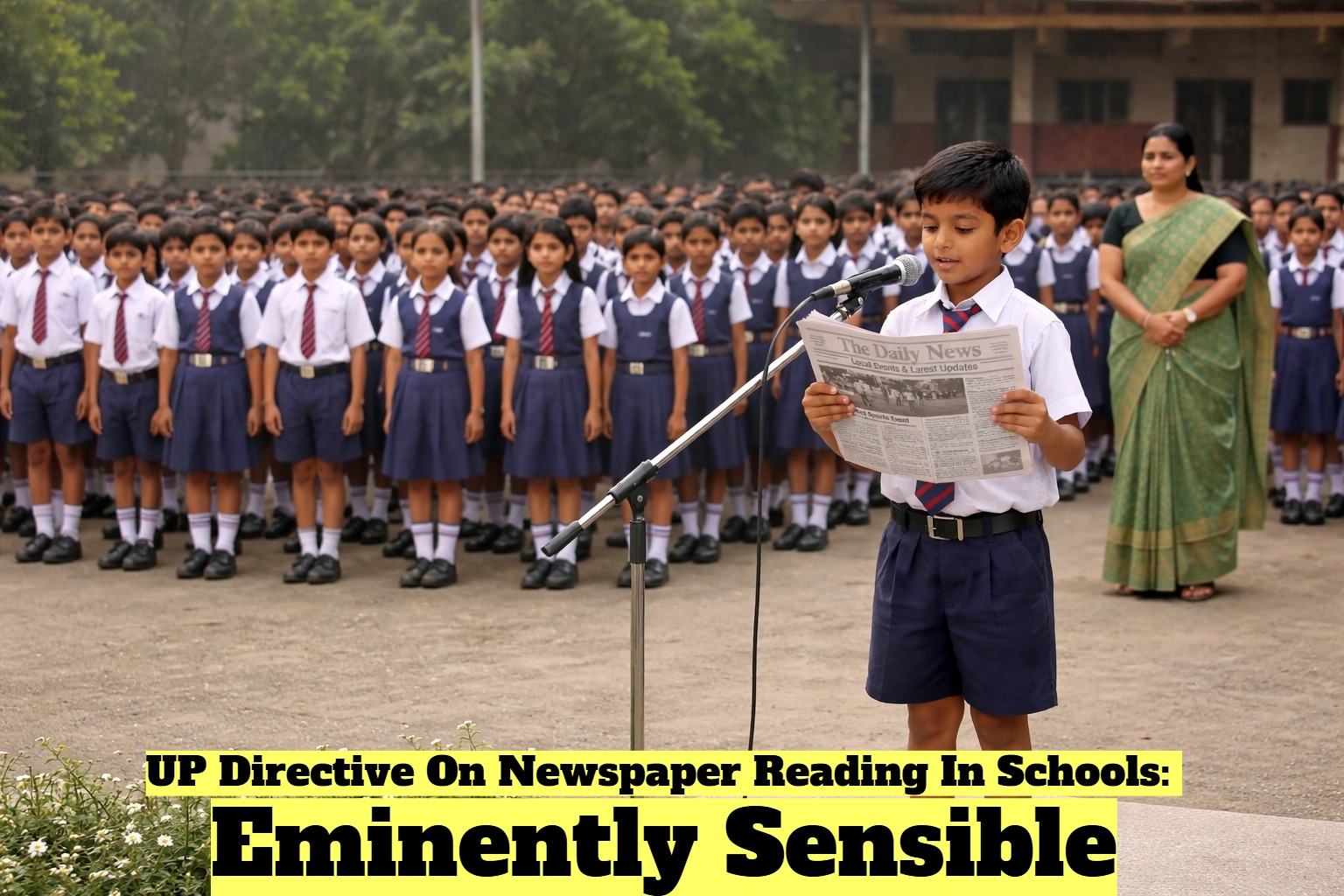

Cauvery Dispute: Yearly Bumbling Needs to Stop
It is becoming a recurring feature for Karnataka and Tamil Nadu to fight for Cauvery waters in every monsoon deficient year. Facing water crisis, the Tamil Nadu government approached the Supreme Court for relief. The court ordered Karnataka to release 13000 cusecs of water to Tamil Nadu everyday for the next 10 days on an ad hoc basis. The word ad hoc defines the root cause of this recurring crisis. Ever since the Cauvery Water Disputes Tribunal gave its award in 2007, things have been moving on ad hoc basis. Even after the Centre notified the final award in 2013 and set up a Supervisory Committee with representatives of the Central government, the Central Water Commission and the two states, there is no permanent solution in sight. By Sunil Garodia
First publised on 2016-09-07 18:00:57
The present order by the Supreme Court has meant that while Tamil Nadu will get the water, farmers in Karnataka think that it is at their cost, as the state is facing severe water crisis with major reservoirs reporting precariously low water levels. This situation should not be allowed to happen. There should be a mechanism whereby the scarce water in monsoon deficient years is amicably managed between the stakeholders.
The award itself was faulty for the reason that it just considered the volume of water without factoring in the ground water in the river basin. A close scrutiny reveals that ground water in the river basin is more in lower riparian area than in upper. Any distribution of water has to take this into account. Scarcity of water in times of low rainfall is real and it cannot be wished away. Neither can it be a subject of repeated interventions by the Supreme Court. As we move ahead, water resources will continue to be depleted. There will be fewer crop seasons and acreage under farming will go down drastically. Hence, the need is to think of ways to plough crops that use less water and judiciously manage the limited water resources. Farmers in both states need to understand the needs and feel the insecurities of each other. In this regard, initiatives like the Cauvery Family, an inter-state group of farmers can come in handy. They can pool in their ground-level experience and expertise and do all that is suggested above.
But the above is just one side of the story. The other side is for the government to fulfill. There has to be a Cauvery Management Board, staffed with experts in water resource management and sustainable farming who can suggest a sustainable agricultural solution for the Cauvery basin. There has to be a Regulatory Authority to oversee transfer of water. Any permanent solution will have to be based on the matrix of water availability and use. Bumbling from year to year, with heartburn, protests and worse in the states needs to stop.











